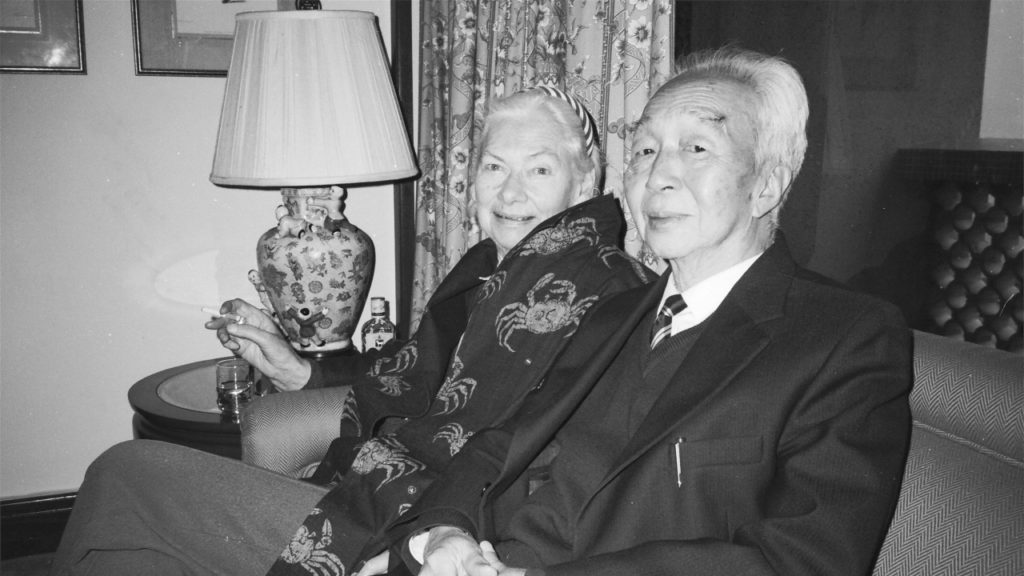BY CHRIS WOOD 18 JAN 2019
Gladys Yang studied at Oxford University, where she became the first person to graduate in Chinese Literature and also met her husband, before returning to China to teach and later translate some of the nation’s finest authors into English.
“Scholar dies”, ran a headline in the South China Morning Post on November 23, 1999. “Famed British translator Gladys Yang [80] died of illness in Beijing on November 18 after a career translating Chinese classics into English,” the story continued.
Born to British missionaries in Beijing, Gladys and her siblings were sent to boarding school in Britain.
The Post followed up on December 4, a story noting that, “Since Yang passed away […] only one mainland newspaper has published a proper obituary: the China Daily ran a eulogy from the Chinese Literature Press where she had worked for 40 years which called her a ‘true friend of China’, ‘a great translator’ and a great loss to Chinese literary circles.”
“In 1940, she graduated from St Anne’s College, Oxford University, the first student to obtain a Bachelor of Arts in Chinese Literature,” the report continued. “There she met her husband [Yang Xianyi] who was reading classics. The couple returned to war-torn China, teaching first in Chongqing, then Nanjing before being invited by [premier] Zhou Enlai to work at the Foreign Languages Press in Beijing.”
Gladys and her husband went on to translate “an astonishing amount of Chinese literature into English [including] Ming and Qing Dynasty classics [such as] The Dream of the Red Chamber as well as China’s greatest 20th-century authors [including] Lu Xun, Lao She, Mao Dun.”Till you have been in detention for four years, you never enjoy the worldGladys Yang
The couple, “who had shown great courage in criticising the Kuomintang during the 1940s” disappeared in 1968, at the height of the Cultural Revolution. On their release in 1972, it was learned that Gladys had spent four years in solitary confinement, while her husband had been imprisoned.
In her first letter following her return home, Gladys wrote: “Till you have been in detention for four years, you never enjoy the world.”
The couple continued their work in China, befriending post-Mao era writers during the 80s, Gladys translating women writers who had experienced the Cultural Revolution, and were outspoken in their condemnation of the Tiananmen Square crackdown, but Gladys’ health was already beginning to fail.
Had she lived, Gladys would have celebrated her 100th birthday on January 19.

